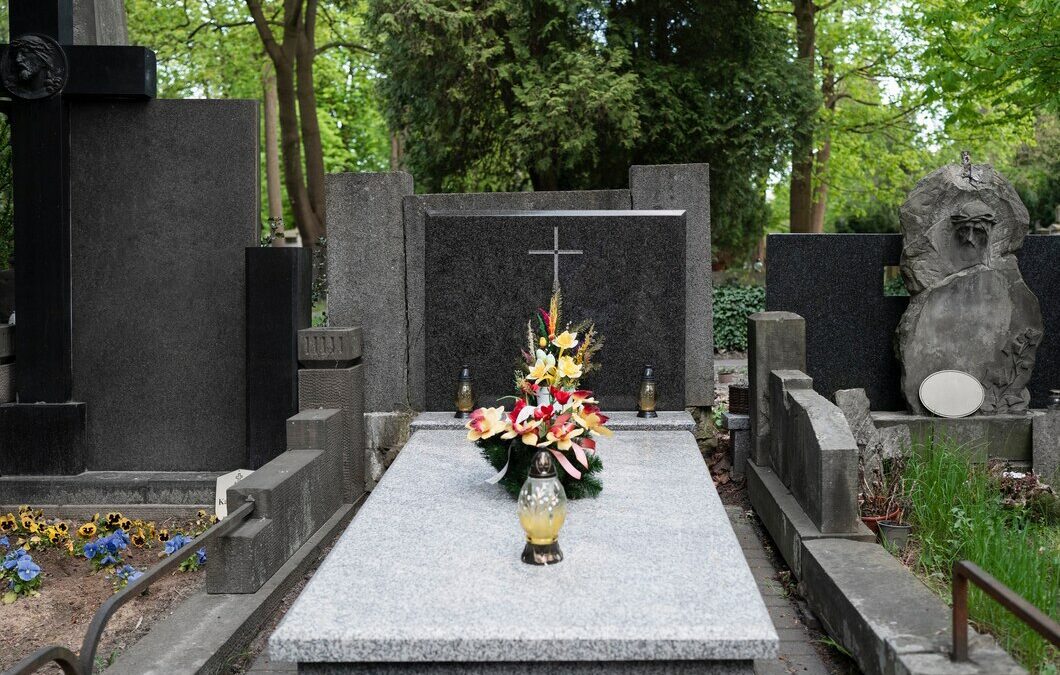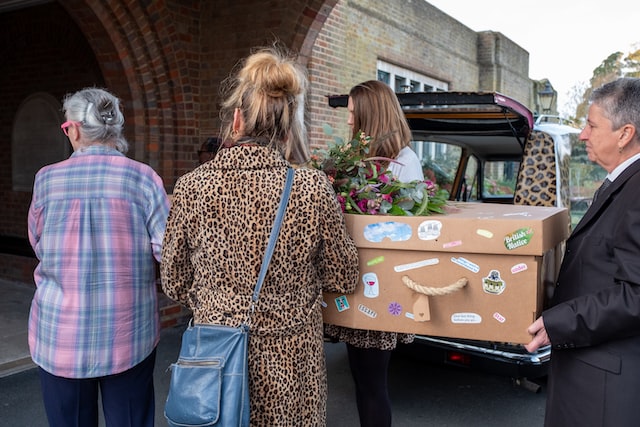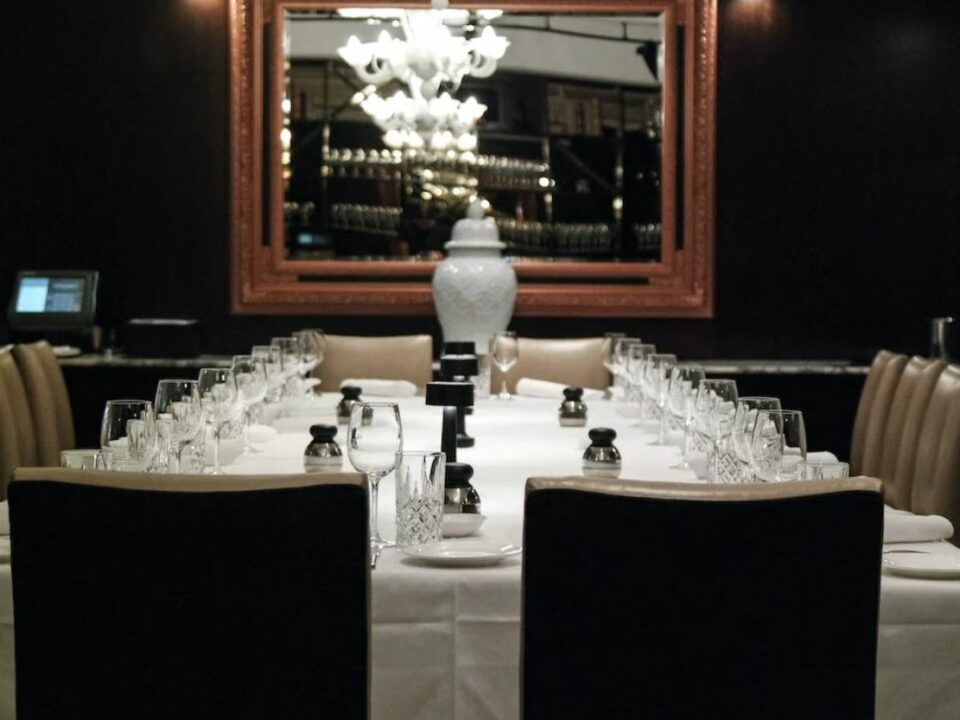
Blog
In the journey to make every choice count for the environment, individuals today consider the ecological impact of their actions more than ever, including their final ones. Among the considerations for one’s final rest, the choice between cremation and traditional burial is significant, especially in areas keen on sustainable practices. For those exploring cremation services in Robbinsville, NJ, understanding the environmental footprint of both methods is crucial in making an informed decision that aligns with personal and ecological values.
The Ecological Footprint of Traditional Burial
Traditional burials have long been the conventional choice, but their environmental impact is considerable. These impacts include embalming chemicals, which can leach into the ground, and the manufacturing and transportation of caskets and burial vaults, often made from non-renewable materials. Furthermore, traditional burials require land space, which strains ecosystems and limits the land available for natural habitats.
Cremation: A Sustainable Alternative?
However, cremation is often viewed as a more environmentally friendly option. It significantly reduces the land use associated with burials and eliminates the need for embalming chemicals and burial containers. However, cremation is not without its environmental concerns, primarily related to energy consumption and emissions. Modern crematoriums have made strides in reducing these impacts through more efficient technologies and filtering systems.
Innovations in Eco-Friendly Cremations
The funeral industry is evolving, with innovations to make cremation even greener. Bio-cremation, for example, uses an alkaline hydrolysis process that significantly reduces energy consumption compared to traditional cremation practices. Additionally, some services now offer to transform ashes into reef balls used to create marine habitats. These and other green initiatives provide alternatives that can further minimize the environmental impact of cremation services.
The Role of Funeral Homes in Environmental Stewardship
Funeral homes are crucial in guiding families through the options available, including eco-friendly ones. They are committed to offering services that respect the wishes of the deceased and their families and consider the ecological impact. Providing information and access to sustainable practices empowers families to make choices that align with their values and the planet’s well-being.
 Making the Right Choice for You and the Environment
Making the Right Choice for You and the Environment
Deciding between cremation and traditional burial is profoundly personal and influenced by many factors, including environmental considerations. For those exploring cremation services focusing on sustainability, it can be a step towards minimizing your final ecological footprint. It’s in a meaningful way.
In conclusion, the environmental impact of cremation versus traditional burial is a complex issue that necessitates careful consideration in the context of sustainability. Individuals can make a choice that lessens their environmental impact by opting for cremation services in Robbinsville, NJ, with Saul Funeral Homes, Inc. We invite you to contact us for more information on how we can help you make an informed decision aligning with your environmental ethics and personal wishes.




